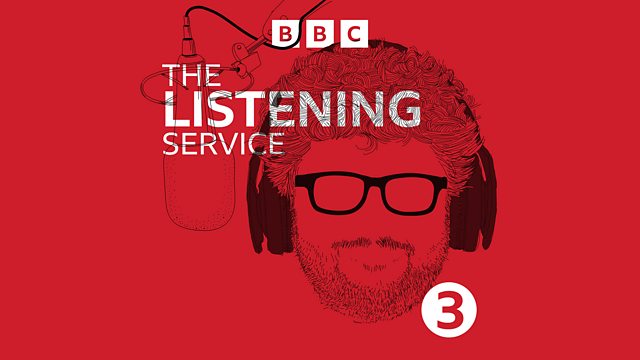
Good Grief?
Tom Service explores what makes music an essential part of mourning, how it at once straddles private and collective grief and how music for grieving became part of abstract works.
Tom Service wonders what makes music an essential part of mourning and how composers straddle the divide between private and public grief. Divided by three centuries what does the music for Queen Mary's 1695 funeral and the funeral for Princess Diana have in common? Why do some pieces become associated with mourning, despite their composers' intentions? And delving into how funeral music became integrated in abstract musical forms, he uncovers the private grief behind one of Bach's most famous works, the D minor Chaconne for solo violin.
Why do we call it 'classical' music?
Tom Service poses a very simple question (with a not-so-simple answer).
Six of the world's most extreme voices
From babies to Mongolian throat singers: whose voice is the most extreme of all?
How did the number 12 revolutionise music?
Why are we all addicted to bass?
Watch the animations
Join Tom Service on a musical journey through beginnings, repetition and bass lines.
When does noise become music?
We like to think we can separate “noise” from “music”, but is it that simple?
Podcast
-
![]()
The Listening Service
An odyssey through the musical universe, presented by Tom Service



